Ecotherapy: is nature the most underused medical tool?
Proponents of ecotherapy claim it offers an impressive array of proven benefits from pain reduction to stress relief
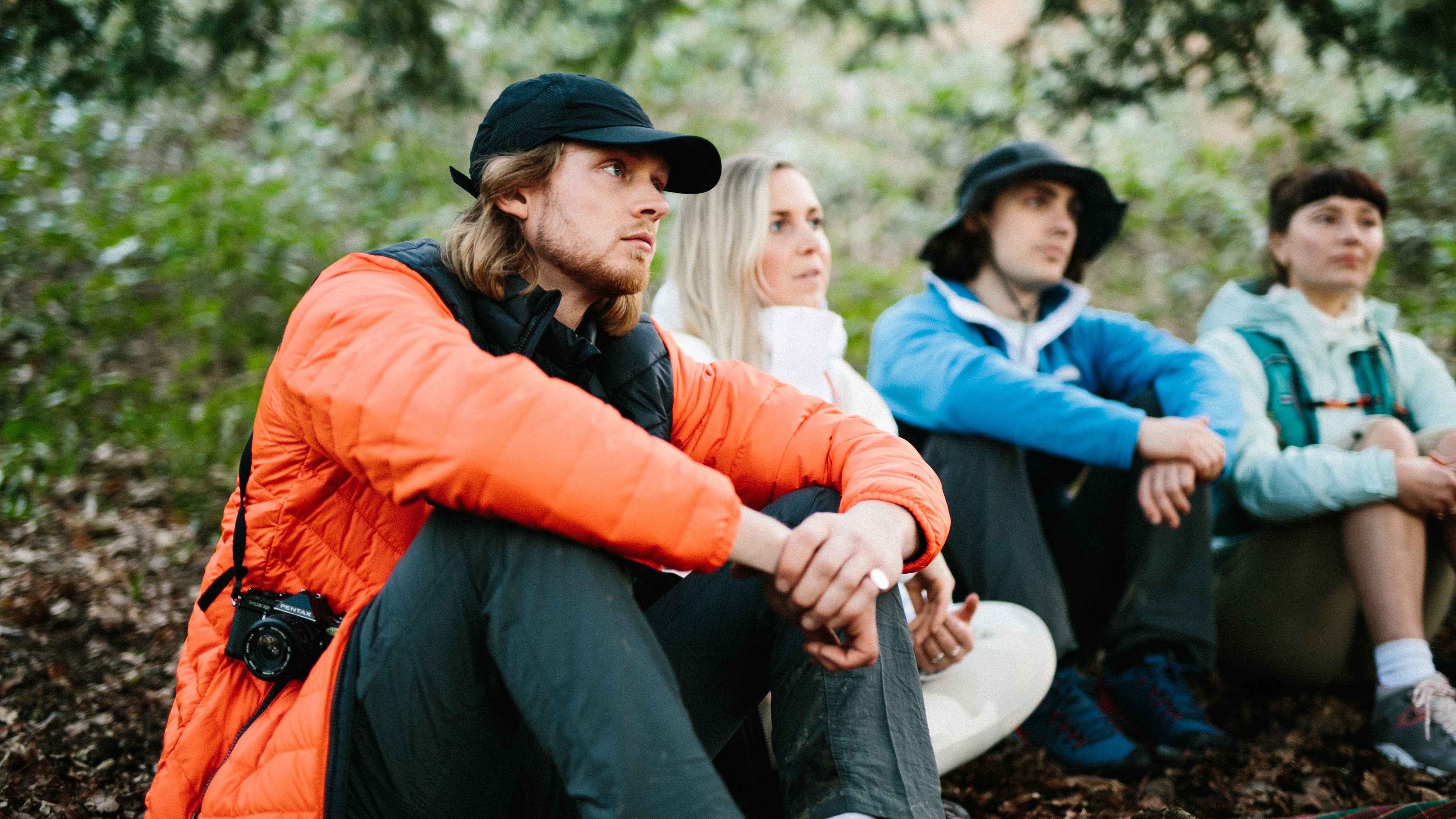
All the latest inspiration, tips and guides to help you plan your next Advnture!
You are now subscribed
Your newsletter sign-up was successful
Many of us hit the trail to blow off steam after a long day at the office, and now some clinicians are actually prescribing outdoor activity as a form of therapy in a practice called Ecotherapy.
Proponents of Ecotherapy claim it offers an impressive array of proven benefits from pain reduction to stress relief. We’ve covered some of the mental health benefits of outdoor exercise in our article on green exercise, and here we dive into some different ways of engaging with nature that Ecotherapy practitioners say may also support your mental health.
So what is Ecotherapy? We recently sat down with Stefan Batoijs of Nature & Therapy UK, an Integrative Psychotherapist and Mountain Leader with 25 years experience facilitating individuals and groups in natural environments, to discuss the merits of this practice. In 2008 he established the highly acclaimed Ecotherapy Project with Plymouth NHS, for people with severe and enduring mental health needs and believes firmly in healing through connection with nature.
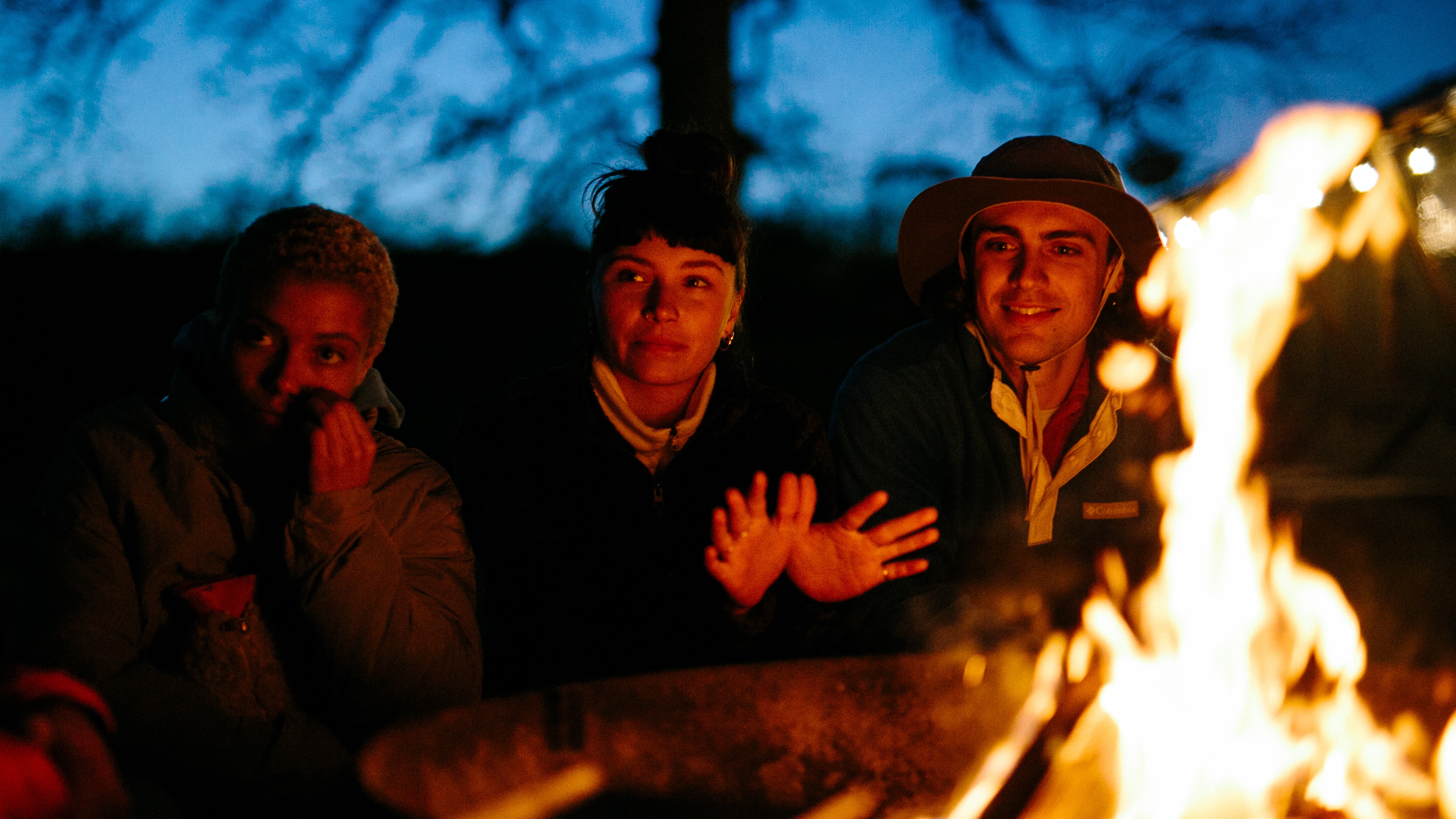
What is Ecotherapy?
Ecotherapy is rooted in the theory that your health is directly impacted by your surroundings and uses physical interaction with nature as a tool for healing. Ecotherapy is the practical application of ecopsychology, a term coined by a group of scholars, environmentalists and psychologists in the mid 1990s to describe the study of the relationship between humans and the earth.
Batoijs explains that Ecotherapy tends to be a catch-all phrase to cover a number of different modalities including Nature Therapy, Wilderness Therapy and even Horticultural Therapy. It is a form of counselling or therapy that takes place in connection with nature – it usually takes place outdoors but sometimes therapists will bring nature to the person. However, an important principle of Ecotherapy is that it fosters a sense of mutual responsibility and healing between the individual and nature.
"The origins of the word Ecotherapy mean to take care of our home, which means taking care of the earth, so what I try to encourage is a reciprocal relationship so that when people come out into nature, there's a give and take between people and nature. So it's not just about nature being a resource for people's mental health but it's also about educating people to want to then protect nature."
In principle, there’s nothing new about Ecotherapy. Indigenous cultures have always been shaped by the belief that there is a direct connection between human health and the natural world and as Batorijs points out, even today some indigenous remedies such as Arnica for burns and bruises are widely used. But 250 years after the onset of the industrial revolution markedly reduced the amount of time most humans spend outdoors, the impact of nature on human health has become clearer than ever before. As a result, ecotherapy has been gathering steam in recent years, even being named a top wellness trend of 2020.
All the latest inspiration, tips and guides to help you plan your next Advnture!
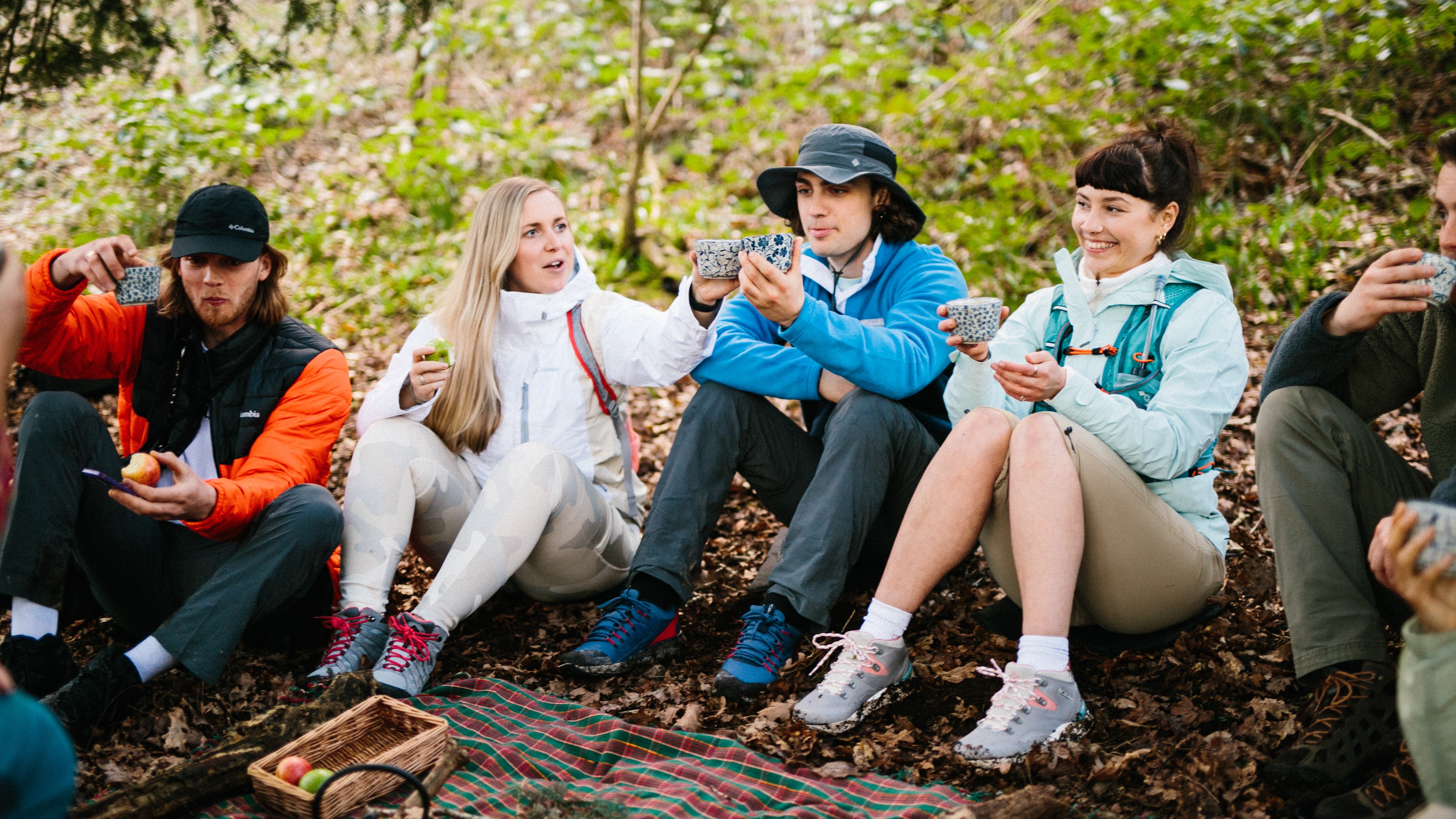
How does ecotherapy work?
In simple terms, the idea behind Ecotherapy is that your health depends on the health of the ecosystem you live in. Without clean air to breathe, pure water to drink and fertile soil with which to grow your food, your physical health will clearly suffer. Even when those things are in abundant supply however, not having regular interaction with your natural environment, known as nature deprivation, may have serious health implications according to the International Journal of Environmental Research and Public Health, with disorders like anxiety and depression increasingly on the rise as humans spend more and more time on screens.
Though recreating in nature can certainly deliver a boost to your mental health, Batorijs explains that there's added value to engaging in Ecotherapy practices where you're building a relationship and not just breaking a sweat.
"If you went out into nature by yourself and you had a positive experience, in a way you could say that that was Ecotherapy because you were getting the benefits of being in nature, but to go out with a trained professional gives you the opportunity to go deeper into how nature is influencing you, and look at how nature can be a positive mirror for your own processes and emotions."
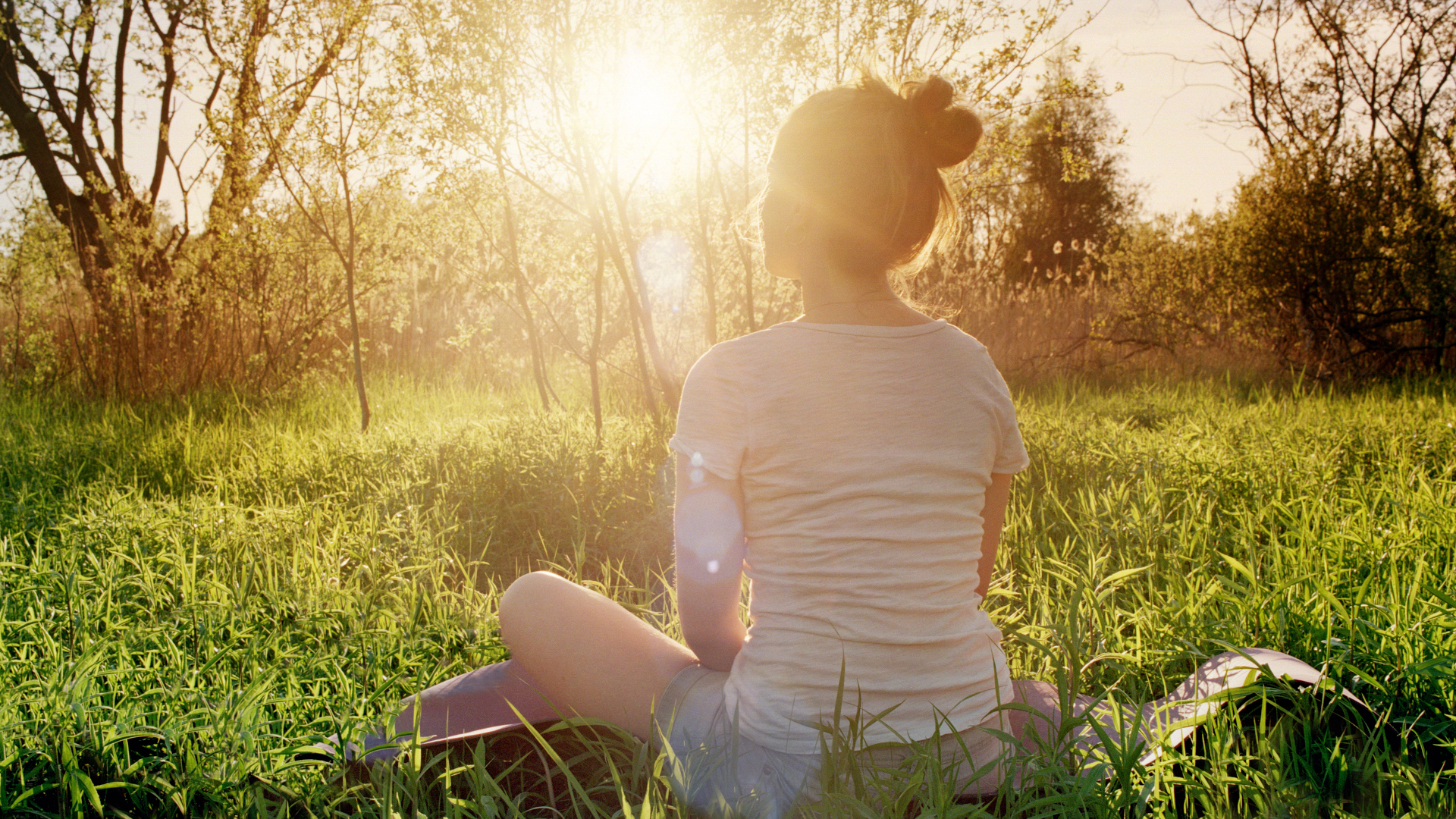
For Batorijs, working with a client in nature can involve finding ways to give gifts back to nature, such as performing conservation work, examining your recycling efforts or working with a local wildlife trust. However, he also strongly encourages developing a spiritual relationship with nature which may include reading a poem to nature, bringing food and drink to share with the forest or meditating outdoors.
"It's really powerful to feel connected to the land and the forest and feel that we're giving something back because just by sitting with the forest and becoming sensitive to it, it's helping us to understand our impact on the environment."
According to Florence Williams, author of the bestselling book The Nature Fix, engaging in a wholesome activity in a natural environment, such as a garden or mountain has an almost instant therapeutic effect on your body and mind, with benefits ranging from improved immunity to happiness. She explains that getting away from screens and traffic removes the volume of artificial sensory input that is constantly stressing your nervous system, and the mental health organization Mind says that engaging in an activity while you’re there, like meditation or gardening, gives your mind something productive and nourishing to focus on.
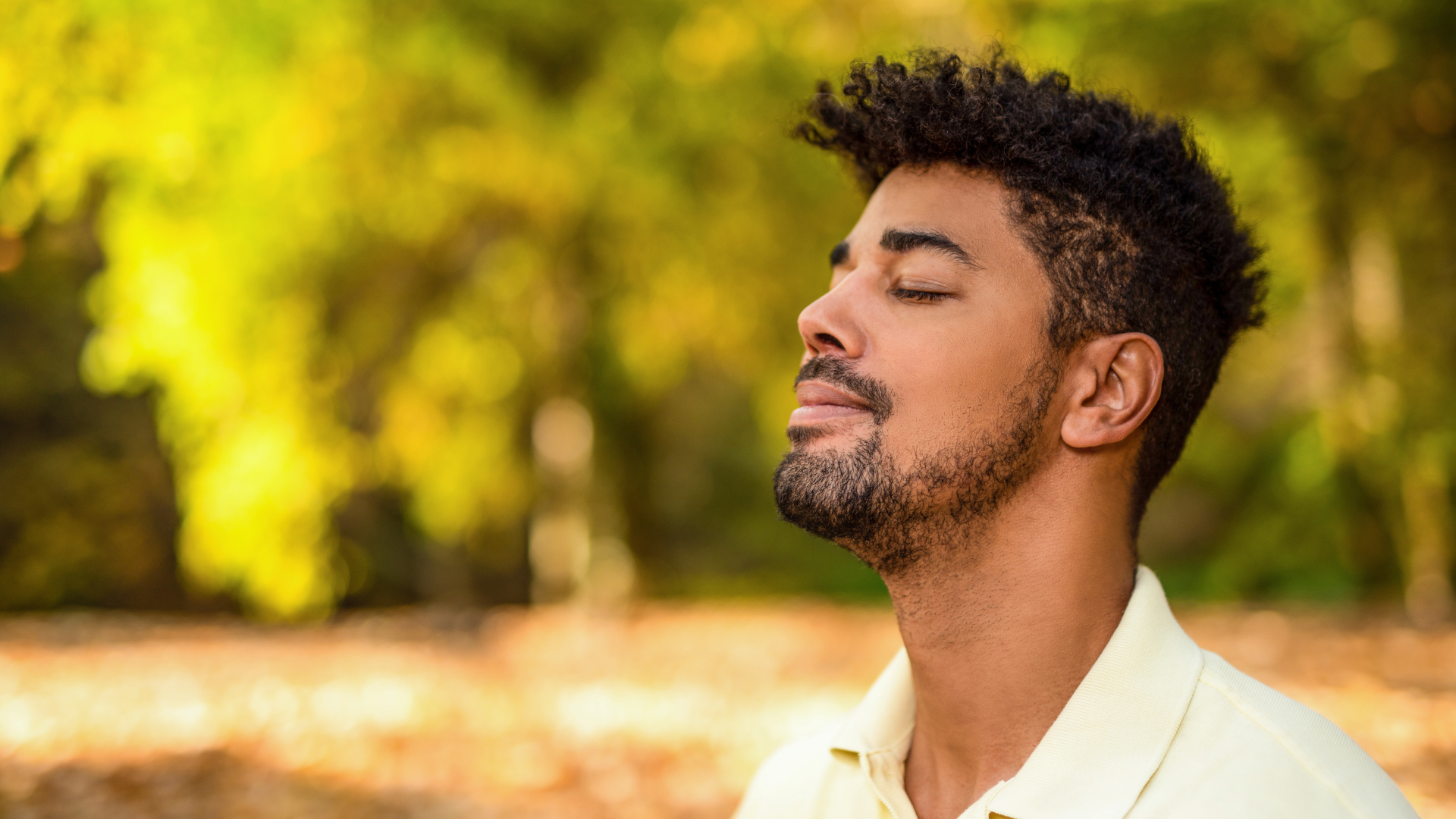
What are the benefits of ecotherapy?
According to scientific research, the suggested benefits of Ecotherapy appear wide-ranging. A 2018 review cited it for helping with pain reduction, ADHD, obesity, medical recovery and stress as well as improving mood, creativity, productivity and problem solving ability. And the benefits don’t just stop at your personal health – one study even suggests that it lowers crime rates and improves community cohesion.
For Batorijs, the value of entering into a more conscious relationship with nature might also help to resolve some of the powerlessness many of us are feeling regarding climate change, that is a major source of stress.
"I think we're becoming increasingly aware of the destruction that we're causing to the planet. Nature is really now kind of front line in a lot of people's lives because more and more people are being affected negatively by climate change and how we as a species are impacting the environment. A lot of people feel disempowered, but I really feel very passionately that by going out and creating a reciprocal relationship then we feel that we're doing our little bit to try and restore the balance."
Further, he notes that ordinarily, within just a few sessions, his clients seem to form a better sense of their place within the grand scheme of things, while some things that have been bothering them no longer seem of any consequence – this is particularly valuable with what he terms "short-term" mental health issues.
"People tend to get in touch with their true selves. Through this process of working together in nature, people access a part of themselves that has a strong sense of authenticity and of their own identity that has a place outside of the constructs of culture and society."
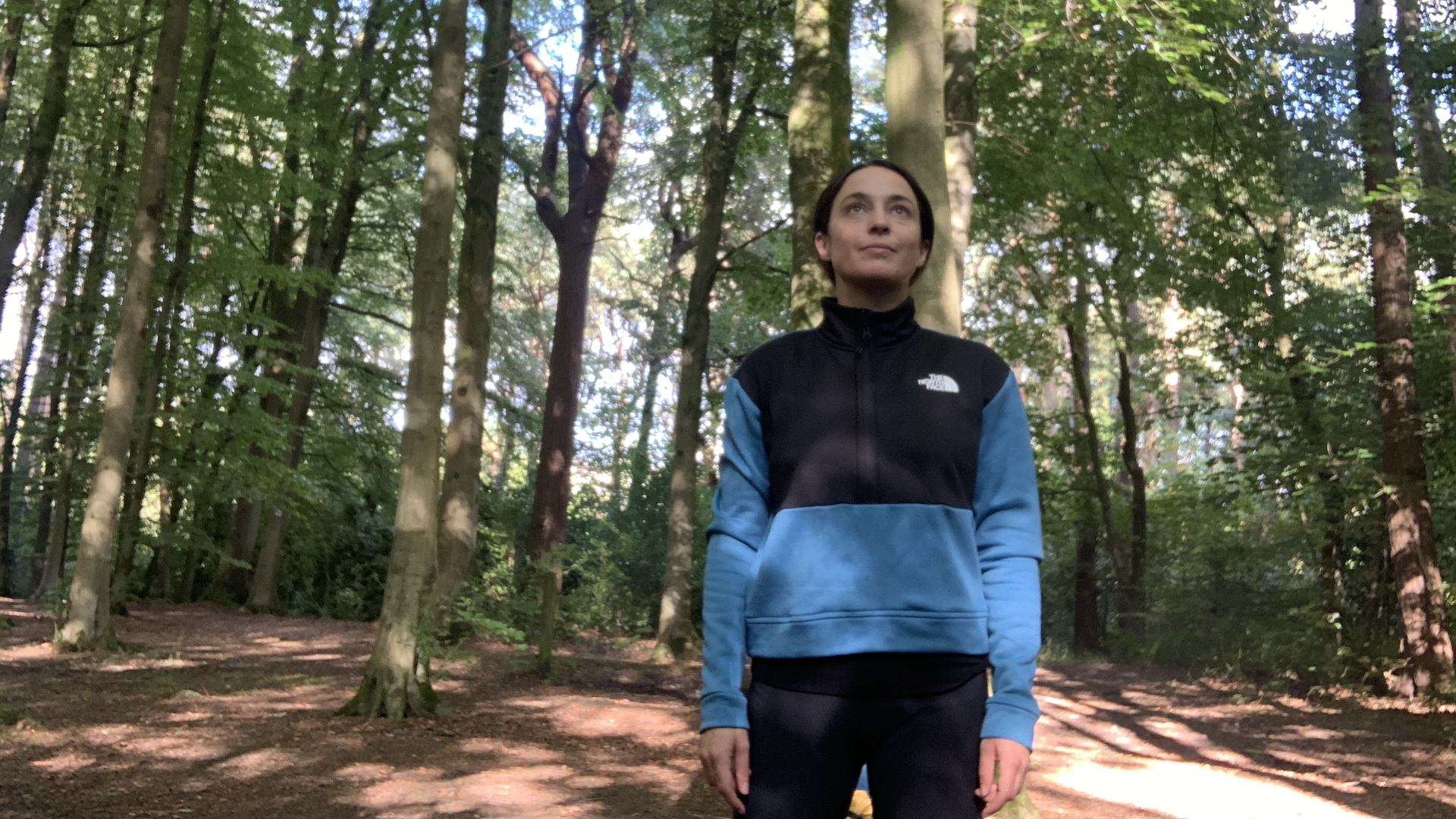
Though Ecotherapy might sounds like just what you've been looking for, Batorijs cautions that more traditional "couch therapy" still holds a valuable place for many people.
"What seeing somebody in a room can give you is containment, and some people need that and they're not quite ready to go out in nature yet."
On the other hand, he has found that Ecotherapy works for people who didn't get on very well in school, are sensitive and have struggled with the structure and not being taken into account by the System.
"By working in nature, these people feel that they're being heard and they have a place there. For the general population, Ecotherapy has a real value for people because there's no nasty side effects. You can do it as much as you like and it can only be of benefit."
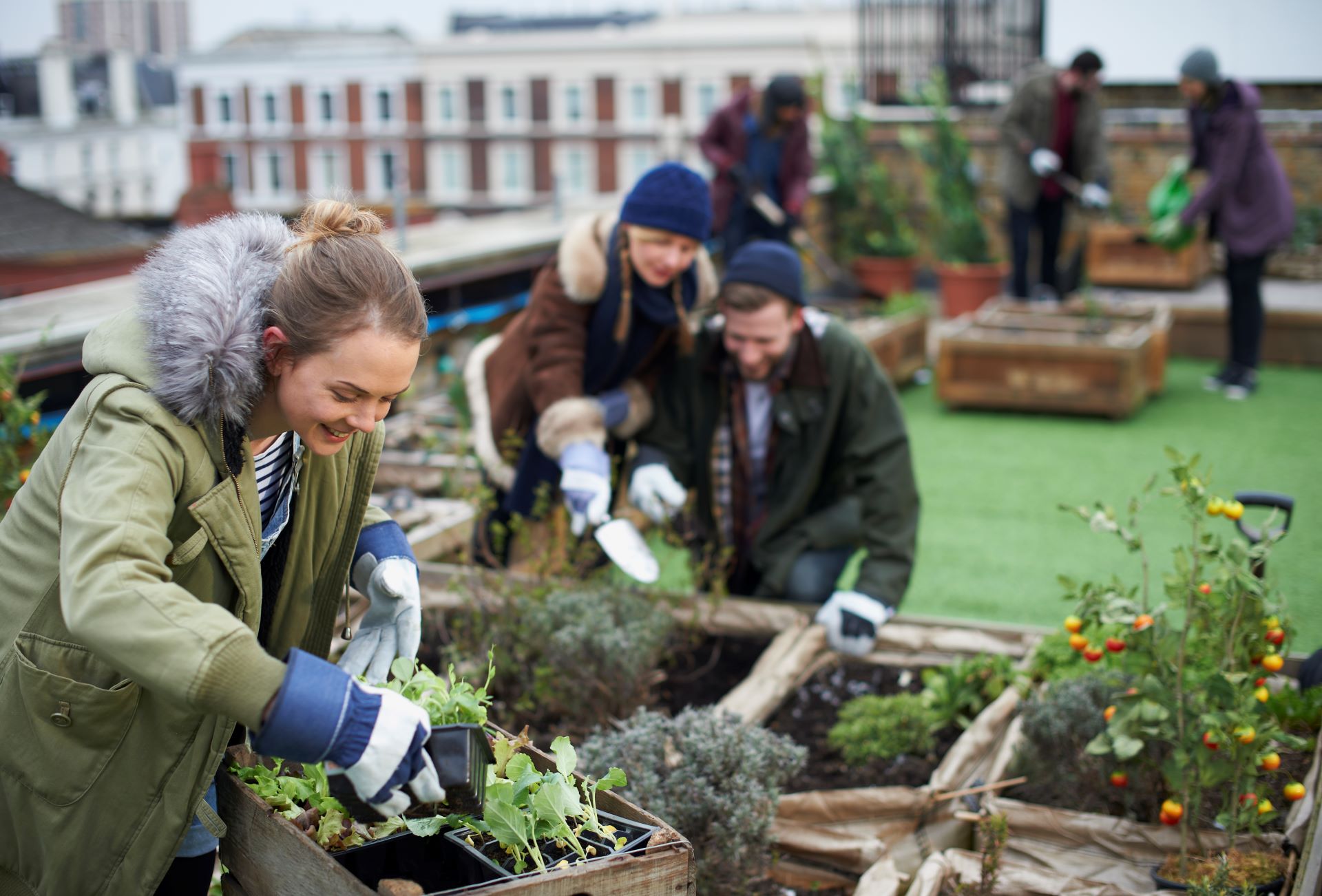
How do you practice Ecotherapy?
As Batorijs explains, there are lots of ways to practice Ecotherapy, some of which we've outlined below, however he cautions that the most important thing is to find a qualified professional to guide you.
"Ecotherapy has become quite on-trend and one of my concerns is that people who have a counselling or therapy background just think, 'oh I'm going to go out into nature' but don't actually know anything about nature. I think it's really important that people show that respect and reverence for the natural world by showing a fundamental awareness of the ecology of the mountains or the woods or the rivers or wherever they take people, because that is part of that reciprocity."
If you know what's going on at an ecological level, he explains, it enriches your practice and is of benefit to your client. For example, if he is out in nature with a client and the client keeps being attracted to a particular plant, it's helpful for Batorijs to know what the healing properties of that plant are, so he can understand if and how it might benefit the client.
"Is it something that you maybe need to take and you've intuitively been drawn towards it? Because we've all been hunter-gatherers in past lives and that's still inside us, so we have this instinctive knowledge and wisdom within us to do with plants."
Once you've found a qualified Ecotherapist, the following are some of the practices you might engage in:
1. Forest bathing
Batorijs guides a diploma in Shinrin Yoku, the Japanese practice of forest bathing, which involves immersing yourself in a forest environment rather than actual bathing, has been linked to reduced blood pressure, lower cortisol levels and improved concentration and memory according to Dr Qing Li from the Nippon Medical School in Tokyo. Li believes the chemical phytoncide, which is released by trees and plants, provides a boost to the immune system and has the power to counter certain illnesses.
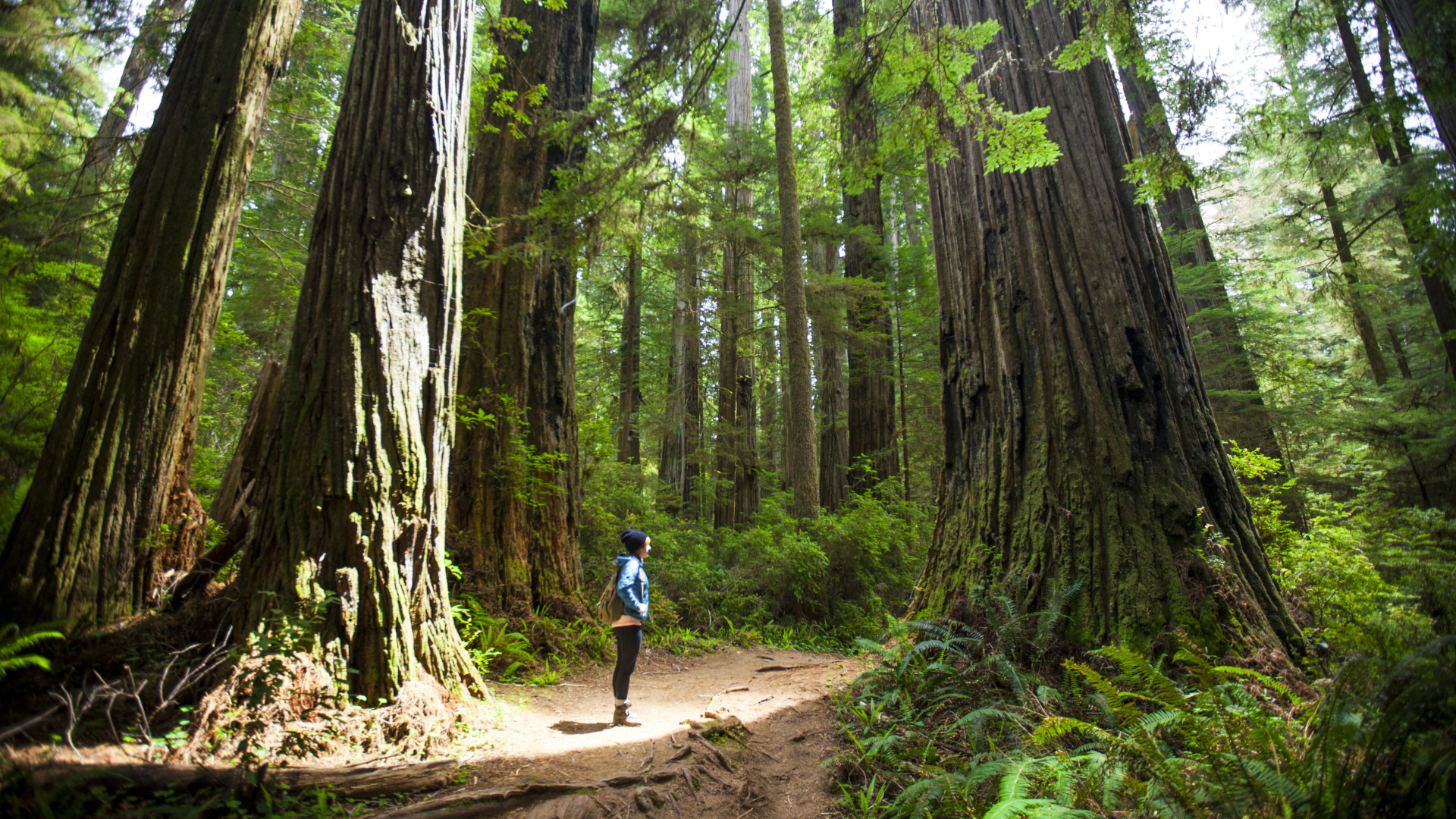
2. Exercising in nature
Also known as green exercise, taking your workout outdoors is believed by some to surpass the benefits of exercise in a gym, particularly when it comes to your mental health. According to an article from Business Insider, in addition to the serotonin high you get from your workout, you’ll experience increased levels of Vitamin D which can balance your melatonin levels, helping to regulate your sleep cycle.
3. Nature meditation
There’s a good reason why meditation retreats traditionally took place high in the mountains and deep in the forest – in nature, you can both minimize the distractions that stress your mind and nervous system, and tune your senses back into the sounds and smells of nature which has been linked to reduced blood pressure in articles like this one from Scientific Reports Nature Research. Best of all, you don’t have to shell out on an expensive trip to the Himalayas to reap these benefits – a nearby beach or a quiet spot under a tree at your local park can provide plenty of inspiration.
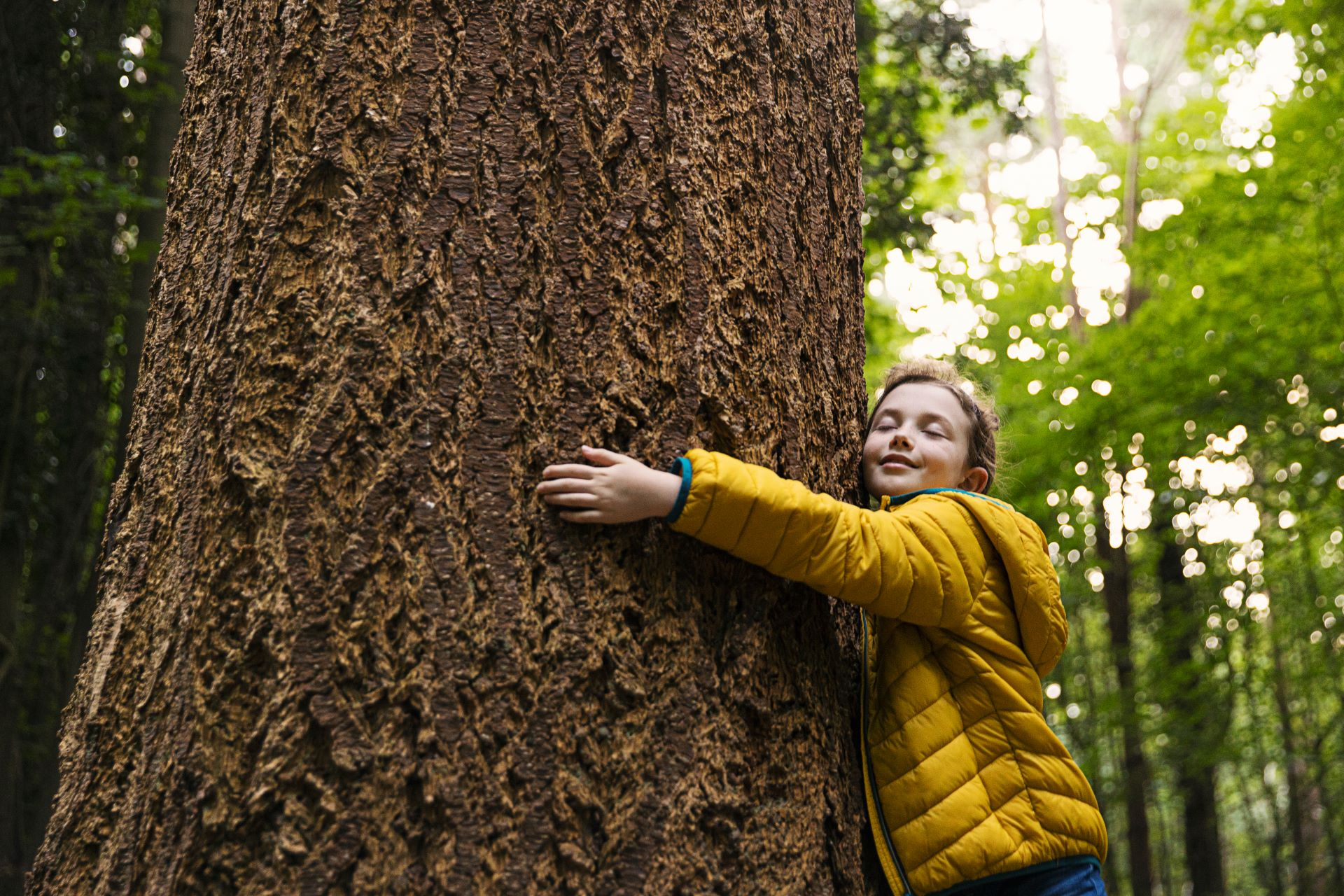
4. Gardening
In addition to the obvious health benefits of gardening such as growing healthy food and physical activity, there’s a growing body of research suggesting that horticulture has some serious mental health benefits, such as this article from Psychiatric Nursing linking it to improved mood and concentration. The article explains that since disorders like anxiety and depression are often linked to feelings of isolation and disconnection, something as simple as tuning in to the seasons through what’s growing currently in your garden can be a great way to reconnect with your surroundings. It also focuses your mind on the task at hand.
5. Conservation projects
Getting involved with projects that help restore the earth is a fantastic way to develop a sense of purpose and support the health of the planet. Programs like trail maintenance, tree planting and community gardens are great opportunities to help you connect to nature in a positive, constructive way and form meaningful relationships with other like-minded individuals.
Stefan Batorijs is a Columbia Hike Society ambassador and founder of Nature and Therapy UK. For more information on Ecotherapy head to https://www.columbiasportswear.co.uk/l/hike-society
Julia Clarke is a staff writer for Advnture.com and the author of the book Restorative Yoga for Beginners. She loves to explore mountains on foot, bike, skis and belay and then recover on the the yoga mat. Julia graduated with a degree in journalism in 2004 and spent eight years working as a radio presenter in Kansas City, Vermont, Boston and New York City before discovering the joys of the Rocky Mountains. She then detoured west to Colorado and enjoyed 11 years teaching yoga in Vail before returning to her hometown of Glasgow, Scotland in 2020 to focus on family and writing.

